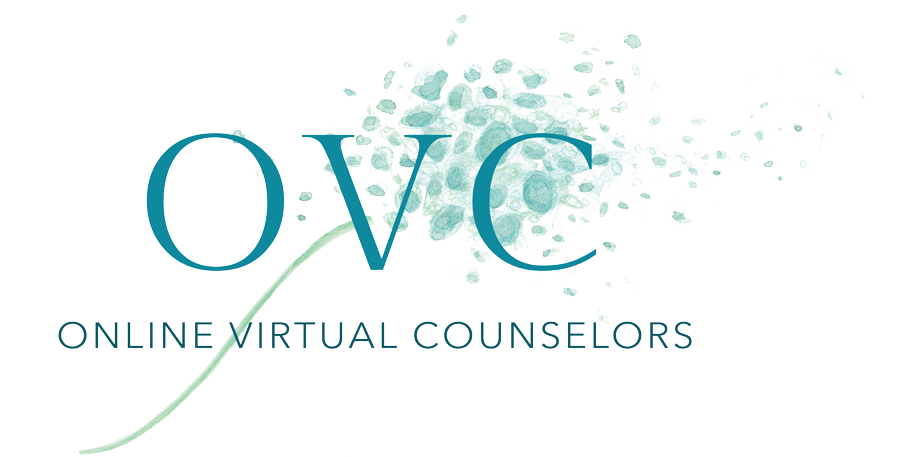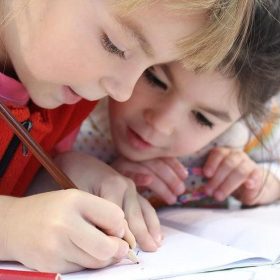Depression is a common mental health disorder that affects a person’s internal state and well-being. Depression makes a person see the world in dark colors. People suffering from depression do not see meaning in life and stop enjoying it. Due to the common myth, depression is a prolonged sadness and lack of interest. However, it would be best not to confuse depressive disorder with the body’s natural reaction to unfortunate events. Depressed mood and sadness are genuine and not considered a disorder if:
- You are experiencing a loss. The death of a loved one usually leads to prolonged mourning and grief. You don’t have depression but grief if your sadness comes in waves and is mixed with the good memories of the deceased one.
- Deterioration of relationships. Conflicts with friends or breaking up with a partner can cause painful feelings that can haunt a person for a long time. However, if your sadness does not last more than two or three weeks, and you don’t consider yourself unworthy or pathetic, you most likely do not have a depressive disorder.
Sadness and depression are different, but if you are experiencing severe emotional pain due to adverse events, you should consult a psychologist.
The main signs of depression
Unlike grief and sadness, depressive disorder is a severe illness that needs to be treated. Luckily, you can easily define the main symptoms of depressive disorder:
- You lose interest in things you used to enjoy
- You stop maintaining personal hygiene.
- You do not want to communicate with friends and family for a long time.
- You speak too actively and loudly or too slowly and quietly.
- Your weight changes regardless of your diet.
- You have sleep disorders.
- You feel useless and miserable.
- You think about death and suicide.
If one of the depression symptoms worries you for more than two weeks, this is the first signal to seek help. The longer you neglect your mental health, the harder it will be to help you in the future.
Why does depression occur?
Depressive disorder is one of the most common mental illnesses, as there are various types of depression. Depression can develop in any person, regardless of age, and it has multiple triggers.
Traumatic experience
Depression can develop from such traumatic experiences as the loss of a loved one, the breakup of a relationship, the loss of a job, and illness. People are more prone to depression if several adverse events happen to them simultaneously. People with depression believe they can no longer manage their lives and give up.
Self-esteem and lifestyle
People with low self-esteem and excessive self-criticism are more vulnerable to depression. Lots of people like loneliness, but unfortunately, those who rarely communicate with friends and family are at risk of developing depression.
Family history
If one of your relatives suffers from depression, you will likely develop it.
Giving birth
Childbirth often leads to postnatal depression due to new responsibilities and hormonal and physical changes.
How is depression treated?
You can suffer from mild, moderate, and severe depression. The type of treatment depends on the severity of the depression, which is determined by the depression test. If you cannot overcome the depressive state alone, you need to contact a specialist who will prescribe the most suitable treatment. Fortunately, depression is easily treatable and doesn’t have dire consequences.
Depression is a common mental health disorder that affects a person’s internal state and well-being. Depression makes a person see the world in dark colors. People suffering from depression do not see meaning in life and stop enjoying it. Due to the common myth, depression is a prolonged sadness and lack of interest. However, it would be best not to confuse depressive disorder with the body’s natural reaction to unfortunate events. Depressed mood and sadness are genuine and not considered a disorder if:
- You are experiencing a loss. The death of a loved one usually leads to prolonged mourning and grief. You don’t have depression but grief if your sadness comes in waves and is mixed with the good memories of the deceased one.
- Deterioration of relationships. Conflicts with friends or breaking up with a partner can cause painful feelings that can haunt a person for a long time. However, if your sadness does not last more than two or three weeks, and you don’t consider yourself unworthy or pathetic, you most likely do not have a depressive disorder.
Sadness and depression are different, but if you are experiencing severe emotional pain due to adverse events, you should consult a psychologist.
The main signs of depression
Unlike grief and sadness, depressive disorder is a severe illness that needs to be treated. Luckily, you can easily define the main symptoms of depressive disorder:
- You lose interest in things you used to enjoy
- You stop maintaining personal hygiene.
- You do not want to communicate with friends and family for a long time.
- You speak too actively and loudly or too slowly and quietly.
- Your weight changes regardless of your diet.
- You have sleep disorders.
- You feel useless and miserable.
- You think about death and suicide.
If one of the depression symptoms worries you for more than two weeks, this is the first signal to seek help. The longer you neglect your mental health, the harder it will be to help you in the future.
Why does depression occur?
Depressive disorder is one of the most common mental illnesses, as there are various types of depression. Depression can develop in any person, regardless of age, and it has multiple triggers.
Traumatic experience
Depression can develop from such traumatic experiences as the loss of a loved one, the breakup of a relationship, the loss of a job, and illness. People are more prone to depression if several adverse events happen to them simultaneously. People with depression believe they can no longer manage their lives and give up.
Self-esteem and lifestyle
People with low self-esteem and excessive self-criticism are more vulnerable to depression. Lots of people like loneliness, but unfortunately, those who rarely communicate with friends and family are at risk of developing depression.
Family history
If one of your relatives suffers from depression, you will likely develop it.
Giving birth
Childbirth often leads to postnatal depression due to new responsibilities and hormonal and physical changes.
How is depression treated?
You can suffer from mild, moderate, and severe depression. The type of treatment depends on the severity of the depression, which is determined by the depression test. If you cannot overcome the depressive state alone, you need to contact a specialist who will prescribe the most suitable treatment. Fortunately, depression is easily treatable and doesn’t have dire consequences.






